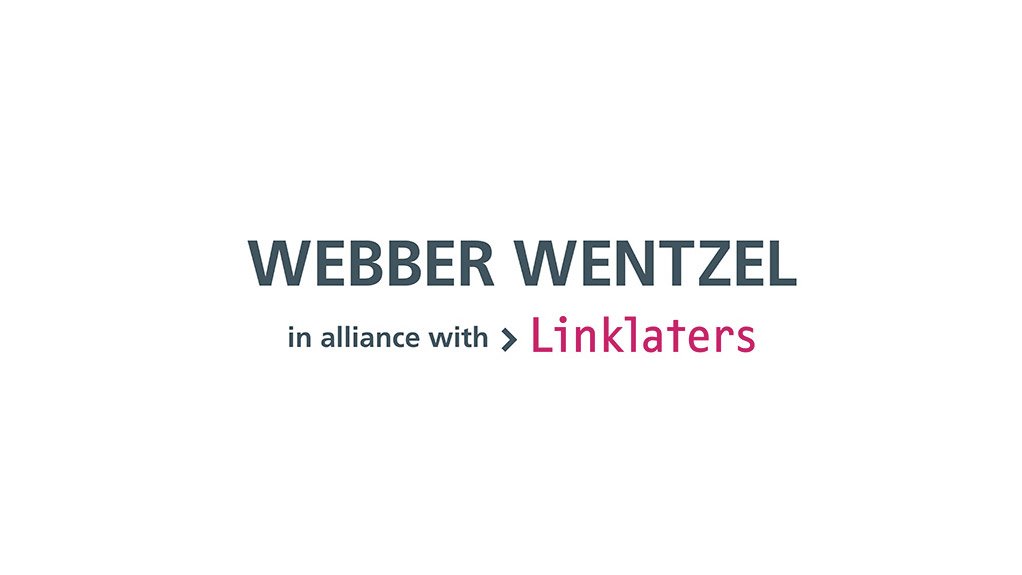The Department of Environment, Forestry and Fisheries (DEFF) is proposing domestic regulations (under the National Environmental Management Act, 1998) which embody the requirements of the Rotterdam Convention on the Prior Informed Consent Procedure for Certain Hazardous Chemicals and Pesticides in International Trade. The DEFF published the Draft Regulations for the Domestication of the Rotterdam Convention for public comment on 13 October 2020.
Adopted in 1998 in recognition of the dramatic growth in chemical production and trade, and the potential risks posed by hazardous chemicals and pesticides, the Rotterdam Convention seeks to ensure that governments have the necessary information to enable them to assess the risks of hazardous chemicals and to take informed decisions on their future import. South Africa became a signatory to the Rotterdam Convention in 2002, with the Rotterdam Convention entering into force on 24 February 2004 (thus becoming legally binding on all signatories). In South Africa, the Rotterdam Convention is considered one of the multilateral environmental agreements dealing with environmentally sound management of chemicals and waste and the "cleaner production" agenda.
Developing countries are expected to domesticate the Rotterdam Convention and have institutional arrangements and systems that would enable the application of the Prior Informed Consent Procedure when importing or exporting chemicals or pesticides. To date, South Africa has applied the notification and a control system set out in the Rotterdam Convention through the International Trade Administration Act 71 of 2003, in terms of which a permit is required to be issued by the International Trade Administration Commission (ITAC) before any chemical identified in the Convention can be imported or exported. 16 years after its ratification, the DEFF is now proposing the domestication of the Convention. The Draft Regulations may have been drafted in anticipation of the Convention's Compliance Committee which will come into force in November 2020.
The Draft Regulations seek to regulate the import, export and transit of any of the chemicals listen in Annexure I to the Draft Regulations, as well as promote cooperation and information exchange between countries. The Draft Regulations seek to achieve their objectives by setting requirements for obtaining consent for import and export from the Designated National Authority (DNA) of the respective country, as well as by setting notification requirements for the transit of such chemicals through South Africa. Transit is specifically confined to 'the continuous passage, movement or transportation of a chemical from a country of origin, through one national port of entry of South Africa, and through another such port of entry without storage other than strict temporary storage, in a secure area where no chemicals can be released, incidental to transportation to the country of destination'.
The chemicals regulated under the Draft Regulations cover pesticides (including severely hazardous pesticide formulations) and industrial chemicals, and are set out in the comprehensive list included in Annexure I. South Africa has the biggest chemicals industry in Africa and is able to manufacture and formulate chemicals that most countries in Africa are not able to. From a pesticide perspective, 73% of the chemicals covered by the Rotterdam Convention are pesticides, and South Africa is one of the biggest importers of pesticides in Africa with more than 500 registered pesticides. Many of the widely used pesticides will thus be further and strictly regulated under the Draft Regulations, which will include added administrative requirements and severe consequences for non-compliance.
Strict requirements are intended to be imposed in terms of:
- submitting an application for consent to the DNA in order to import or export chemicals listed in Annexure I to the Draft Regulations (together with the prescribed information requirements);
- submitting a notification to the DNA in order to transit chemicals listed in Annexure I to the Draft Regulations (together with the prescribed information requirements); and
- reporting to the DNA and keeping records on import and export activities.
It is as yet unclear who South Africa's DNA will be, but the DNA will be housed within the DEFF.
Once the Draft Regulations are published in final form, any failure to comply with the consent (for import/export), notification (for transit) or reporting and record-keeping obligations will carry significant penalties in the form of fines of up to R5 million and/or imprisonment of up to five years.
Written by Paula-Ann Novotny, Emma Bleeker, Webber Wentzel
EMAIL THIS ARTICLE SAVE THIS ARTICLE ARTICLE ENQUIRY
To subscribe email subscriptions@creamermedia.co.za or click here
To advertise email advertising@creamermedia.co.za or click here











